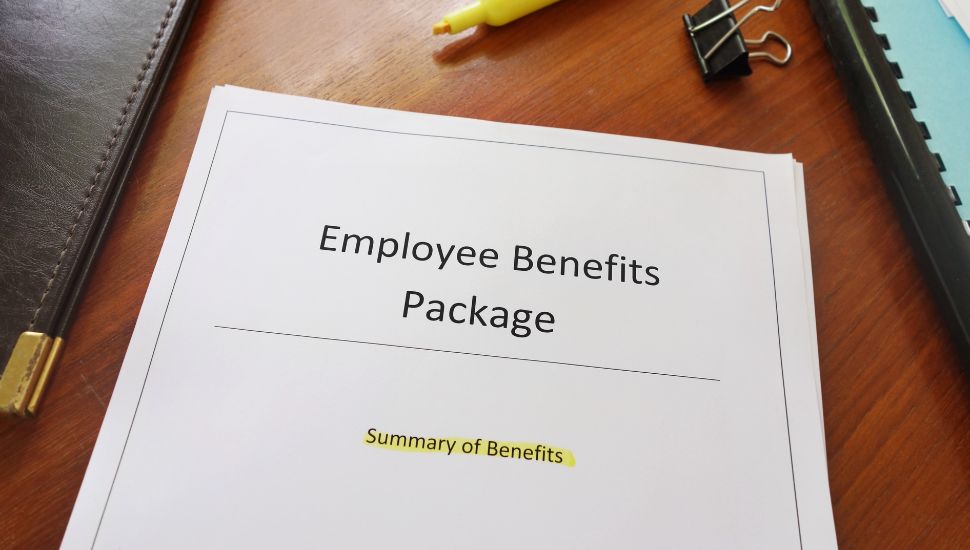Behavioral interview questions are impossible to memorize so you have to prepare for your interview with STAR stories
There are 100 common interview questions, of which approximately 12 interview questions are designed to destroy you.
Also, there are thousands of behavioral interview questions (BIQs). It is impossible to memorize them.
Many of the Fortune companies only use BIQs to identify promising candidates, allowing them to tell a story of their background and how it matches their job requirements.
Behavioral interview questions usually start with:
“Tell me about a time …” or “Describe specific situations you have been in …” where you have to demonstrate specific skills.
Often, the questions revolve around soft skills, such as Teamwork (ability to work with others). An example is “Tell me about a time when you faced conflict with a team member?”
Adaptability. “Describe a time when your company was undergoing a major change?”
Motivation. “Describe a time when you saw a problem and took the initiative ?”
Communication skills. ”Give me an example of a time you were able to persuade someone to see things your way at work?”
Problem-solving. “ Tell me about a problem you solved and were rewarded for it by your manager or company?”
Don’t be intimidated!
Prepare for your interview by analyzing both the hard and soft skills needed for the positions you are applying for at companies.
Practice! Practice! Practice!
Be brief and be truthful.
The best solution to behavioral interview questions is to use the mnemonic acronym, STAR.
Situation
What is sought here is the circumstance and context around the event. Usually, a sentence or phrase should be enough to set the stage.
Task
Briefly summarize the dilemma or describe the main objective. This section should rarely exceed a single sentence.
Action
Explain what specific course of action you (not the team) took in pursuit of the task. Although this part is essential, the critical element is the result.
Result
Describe what the action taken did, both in terms of the successful resolution of the situation and its impact on the organization. Use metrics as often as possible. This part is essential because it is what will explain what makes YOU a STAR.
Author BIO
Les Segarnick (The Interview Surgeon) is an accomplished recruitment expert, volunteer, and instructor. He has established himself as a well-respected advisor to professionals seeking new job opportunities. Since retiring as President and Owner of Action Employment Services, a national recruiting firm that he owned and led for more than three decades, Les has focused his efforts on sharing his knowledge and expertise in the areas of interview techniques and job search strategies through a wide array of volunteer activities. He is currently serving as a facilitator of career development and job search workshops and regularly spends time conducting one-on-one practice interviews with people in job transition, at no charge. Visit the events calendar for his Friday workshops.
Les has also lectured in a variety of classroom settings on such topics as elevator pitch, resume critique, interview techniques, job search strategies, networking, and the importance of using keywords . He has spoken to Juniors and Seniors at the Fox School of Business at Temple University on job and internships searches.
Through his experience as a hands-on owner of a national recruiting firm, Les was personally involved in more than 3,500 job placements and over 1000 practice interviews. His company specialized in engineering, sales, and marketing, and successfully placed professionals throughout Western New York and around the country. Known as the “The Interview Surgeon,” his motto is “Ask Me How I Make a Difference.”




